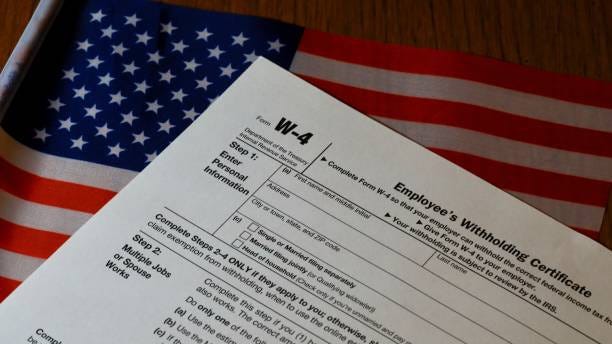
In an initiative that will open up thousands of job opportunities for military veterans, the State of Michigan is waiving its requirement of a bachelor’s degree for many state jobs if the veteran completed at least two years of active federal service in any branch at the rank of E-6 or above.
Michigan appears to be the first state to waive the education requirements for veterans with two years of experience as an E-6 specifically for state jobs. Other states may consider military occupational specialty (MOS) and job experience while in the service when applying for jobs, or waive licensure and exam fees, but the education waiver appears to be a first.
The initiative was championed by the Michigan Veterans Affairs Agency (MVAA) and approved by the Michigan Civil Service Commission (MCSC).
“Michigan is committed to finding new ways to support our veterans and attract top talent to our state,” says Governor Gretchen Whitmer in a statement. “Military members gain valuable skills and knowledge through their service that can’t be replicated in a classroom, and that experience should be considered when applying for jobs. I am grateful for the efforts of the MVAA and the MCSC, and I encourage veterans who qualify to take advantage of this opportunity to come work for the State of Michigan.”
Todd Butler, State Division Administrator of Strategic Outreach for the MVAA, said the idea came from difficulty in filling open positions and this new initiative will now allow qualified veterans to be eligible for jobs based on the valuable experience they have gained.
“We are ecstatic to see this initiative come to fruition,” Butler said. “If a veteran has at least two years of experience at the E-6 level, they have proven that they’re a professional in their craft and should be given credit for their experience. We anticipate this being a game changer for enlisted service members looking to transition to the civilian world. This can open so many doors to veterans if they know they can get a good-paying job in Michigan without a degree.”
The E-6 level military experience can substitute for the standard educational requirements for 13 state classifications: Buyer, Civil Rights Representative, Departmental Analyst, Economic/Community Development Analyst, Employment Services Analyst, Human Resources Analyst, Human Resources Developer, Occupational Safety Advisor, Promotional Agent, Property Analyst, Regulation Officer, Rights Representative, and Unemployment Insurance Analyst.
The 13 state classifications now have language under alternate education and experience that states: ‘Educational level typically acquired through completion of high school and the equivalent of at least two years of full-time active-duty experience at or above the E-6 level in the uniformed services may be substituted for the education requirement.’
Eligible veterans will have two or more years of active federal service at the rank of E-6 or above in their respective branch if they were: U.S. Army Staff Sergeant (SSG), U.S. Marine Corps Staff Sergeant (SSgt), U.S. Navy Petty Officer First Class (PO1), U.S. Air Force Technical Sergeant (TSgt), U.S. Space Force Technical Sergeant (TSgt), or U.S. Coast Guard Petty Officer First Class (PO1). Reserve and National Guard members must have had two years of total active-duty service or at least two years in the Active Guard Reserve (AGR) program at the E-6 level to quality.
MVAA staff approached MCSC staff earlier this year seeking to investigate new ways to recognize the unique knowledge, skills and abilities obtained by non-commissioned officers in the uniformed services. After discussions, new qualifying criteria was established to allow two years of full-time experience at the E-6 level in any branch to substitute for the standard educational requirements for 13 state classifications. This change opens thousands of potential positions in the state civil service to veterans.
Angie Saldana-Sipley started at the MVAA as an executive secretary in 2023 after retiring from the Michigan Army National Guard’s Active Guard Reserve program as an E-8 (master sergeant). Even with 23 years of service under her belt, she still wasn’t eligible to apply for jobs at the State of Michigan that required a bachelor’s degree.
“While I was in the National Guard I was focused on being the best soldier I could be,” said Saldana-Sipley. “Between the military and raising a family, going back to school to earn a bachelor’s degree wasn’t realistic for me. Because of that, when I got out of the National Guard I had difficulty qualifying for state government jobs that would be equivalent to the work I was doing every day while in the service. This change has given me the opportunity to grow and advance in my career at the state.”
Veterans interested in applying for a job with the State of Michigan can view openings on the state’s jobs website.
